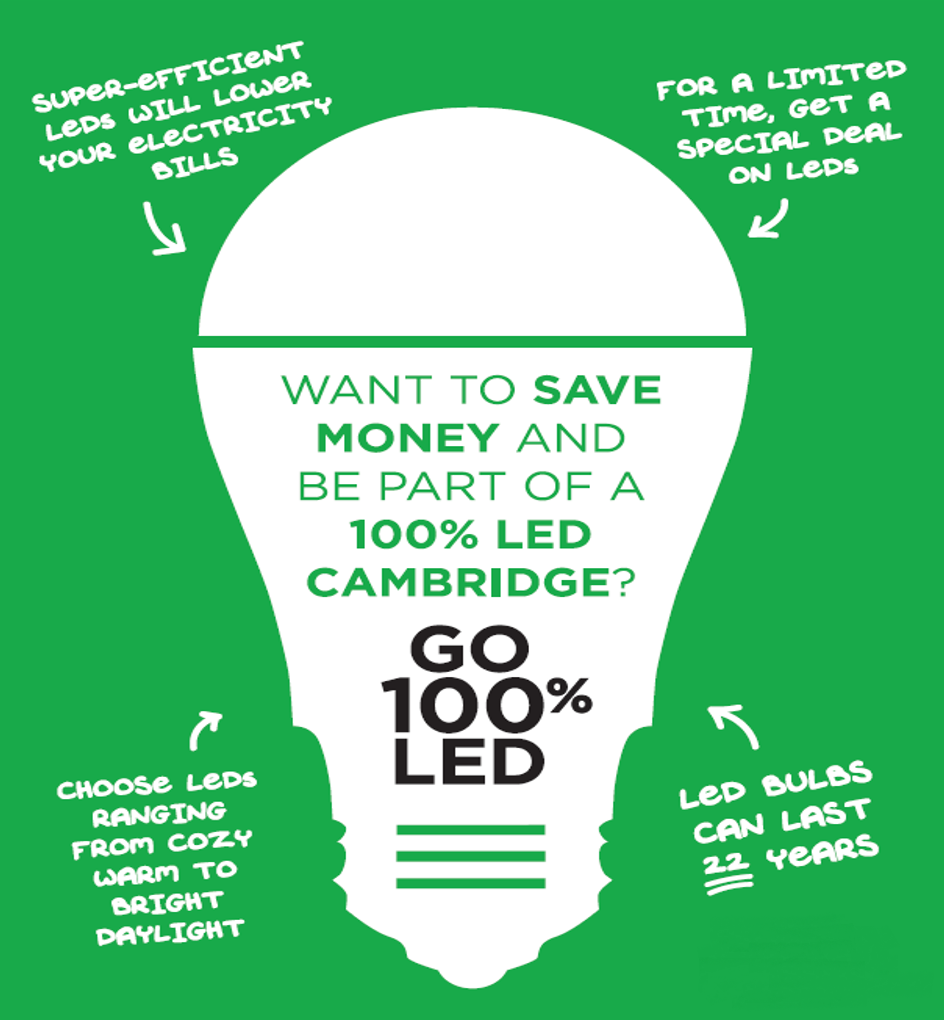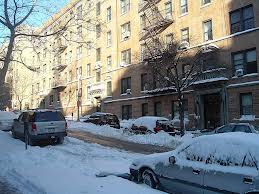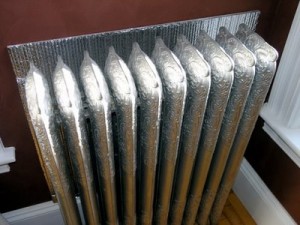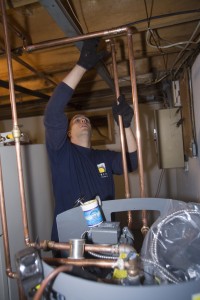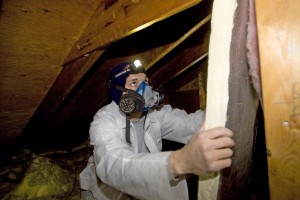During the summer of 2014 several high school students interned at the Cambridge Energy Alliance helping with canvassing and outreach across Cambridge. The interns also wrote a few blogs on topics they were interested in related to energy efficiency and solar power. The following is one of their blogs.
Today, unfortunately, money is on the minds of many people. This blog offers a simple and straightforward strategy to save money, and energy, by using different types of light bulbs. Currently in the US most people use incandescent light bulbs in their households. However, slowly the tide has turned to Compact Fluorescent Lamps (CFLs) bulbs, which offer greater service and economic satisfaction. But what is it that makes these light bulbs so different? Of course they all have differences in their structure, design and technology, but which one is the best?
Incandescent
These bulbs are definitely not energy efficient since most of their energy is expelled as heat and not light. Today most cities do not accept the recycling of incandescent light bulbs as they have stopped being sold in the United States. Nonetheless, because they do not contain any toxic materials they can simply be thrown away. Some people choose to re-package their light bulbs to avoid anyone getting hurt in the process of disposing them. Other people choose to reuse their light bulbs if they are not broken as forms of decoration, ornaments, and DIY crafts.
CFL (Compact Fluorescent Lamps)
CFLs have become way more popular over the past few years because of their fair prices and energy saving qualities. Unfortunately, a downside they have is that they contain a small amount of mercury, which means one should be particularly careful when recycling these light bulbs. Whether one can recycle or dispose these light bulbs depends on the current state of the bulbs. Nonetheless, it is imperative that CFLs be recycled. CFL light bulbs contain a small amount of mercury so when disposing these light bulbs it’ll be best to not release those chemicals to the environment. Most of the materials used to make CFL light bulbs can be recycled, and in some states and/or local jurisdictions, CFL light bulbs are required to be recycled. CFL light bulbs will not only be more energy efficient for your home, but will also save you money in the long run. Although CFL light bulbs are a bit more expensive than their incandescent counterpart, they last more than 10 times longer and use 4 times less energy while providing equally good quality light. Since CFL’s use much less watts than regular incandescent light bulbs, not only will they last longer but they will also save you money.
LED (Light Emitting Diodes)
LEDs are probably the pinnacle in light bulb technology. Their design and structure has resulted in a more durable, resistant and stylish light bulb. LED light bulbs are slowly being adopted now that their high prices are coming down. Unlike their more primitive counterparts, LEDs contain fewer hazardous materials, and are much more resistant to temperature, humidity and force. LED’s also last roughly 50,000 hours (5.5 years), about 5 times longer than CFLs.


